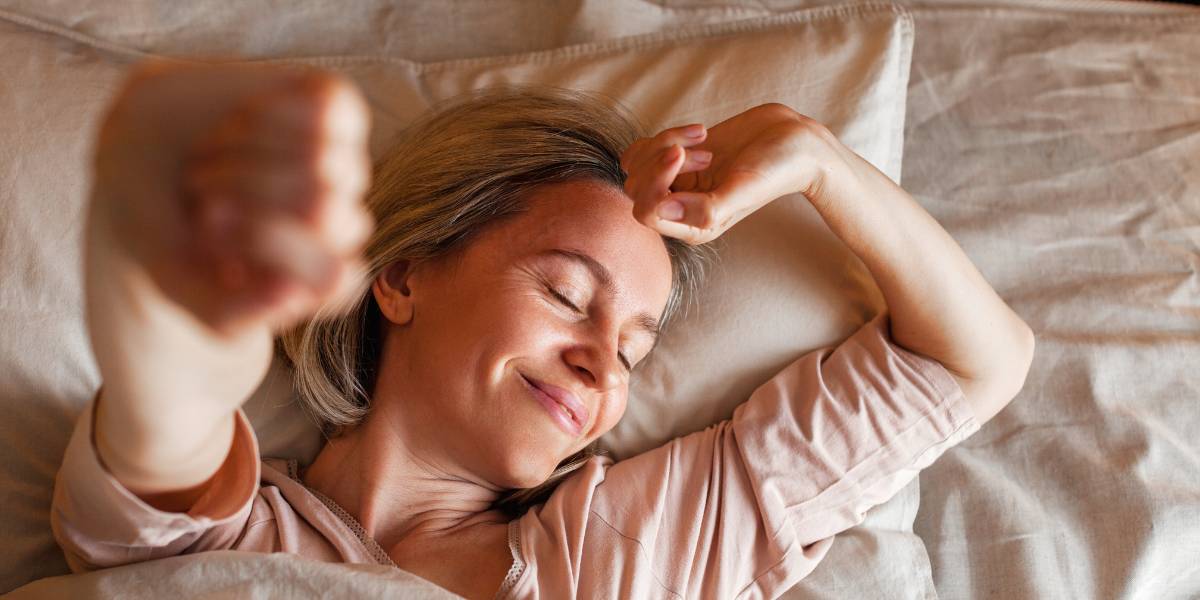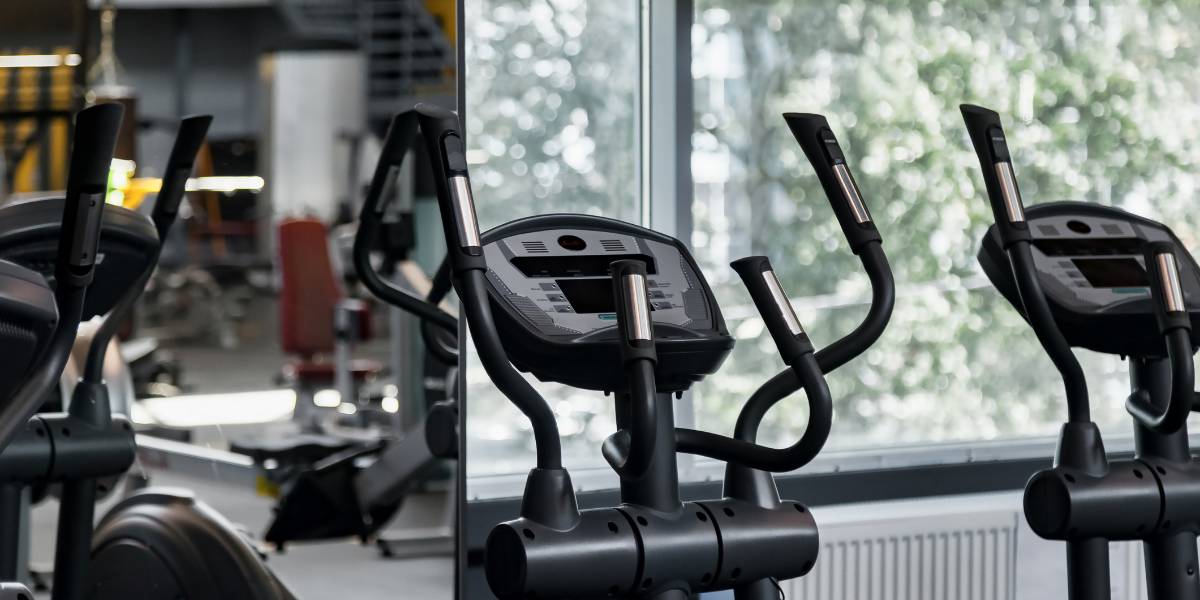People’s evaluation of their sleep has a bigger impact on their wellbeing and life satisfaction than the results of sleep-tracking technology, new research has suggested.
A study led by the University of Warwick saw more than 100 participants aged between 18 and 22 keep a daily sleep diary about their previous night’s sleep.
They recorded the time they went to bed and how long it took them to fall asleep, along with the time they woke up and the time they got out of bed. They also rated how satisfied they were with their sleep on a general basis.
- Direct link between seeing or hearing birds and positive mood
- More intense training can lead to lower mood, athletes told
This was followed by questions at five points throughout the day, when participants recorded positive and negative emotions and rated their life satisfaction.
Alongside this self-reporting, participants’ sleep patterns and rest cycles were measured through an actigraph on their wrist.
The research team analysed the data to compare people’s perceptions of their sleep and the actigraphy data against their emotions the following day.
Lead author Dr Anita Lenneis, from the university’s Department of Psychology, said: “Our results found that how young people evaluated their own sleep was consistently linked with how they felt about their wellbeing and life satisfaction.
“For example, when participants reported that they slept better than they normally did, they experienced more positive emotions and had a higher sense of life satisfaction the following day. However, the actigraphy-derived measure of sleep quality which is called sleep efficiency was not associated with next day’s wellbeing at all.
“This suggests there is a difference between actigraphy-measured sleep efficiency and people’s own perception of their sleep quality in how they link to people’s evaluations of their wellbeing.”
Professor Anu Realo, also from the Department of Psychology, said: “Our findings are consistent with our previous research that identified people’s self-reported health, and not their actual health conditions, as the main factor associated with their subjective wellbeing and especially with life satisfaction.
“It’s people’s perception of their sleep quality and not the actigraphy-based sleep efficiency which matters to their wellbeing.”
The study concludes that positive perceptions of your own sleep aids better mood the following day.
Dr Lenneis added: “Even though a sleep tracking device might say that you slept poorly last night, your own perception of your sleep quality may be quite positive. And if you think that you slept well, it may help better your mood the next day.
“On the contrary, if a sleep tracker tells you that you slept well, but you did not experience the night as such, this information may help you to reassess how well you actually slept. A sleep tracker offers information about your sleep which is typically not accessible whilst being asleep. So, it may improve your subjective perception of last night’s sleep and thereby your overall next day’s wellbeing.”
The study has been published in the journal Emotion.





